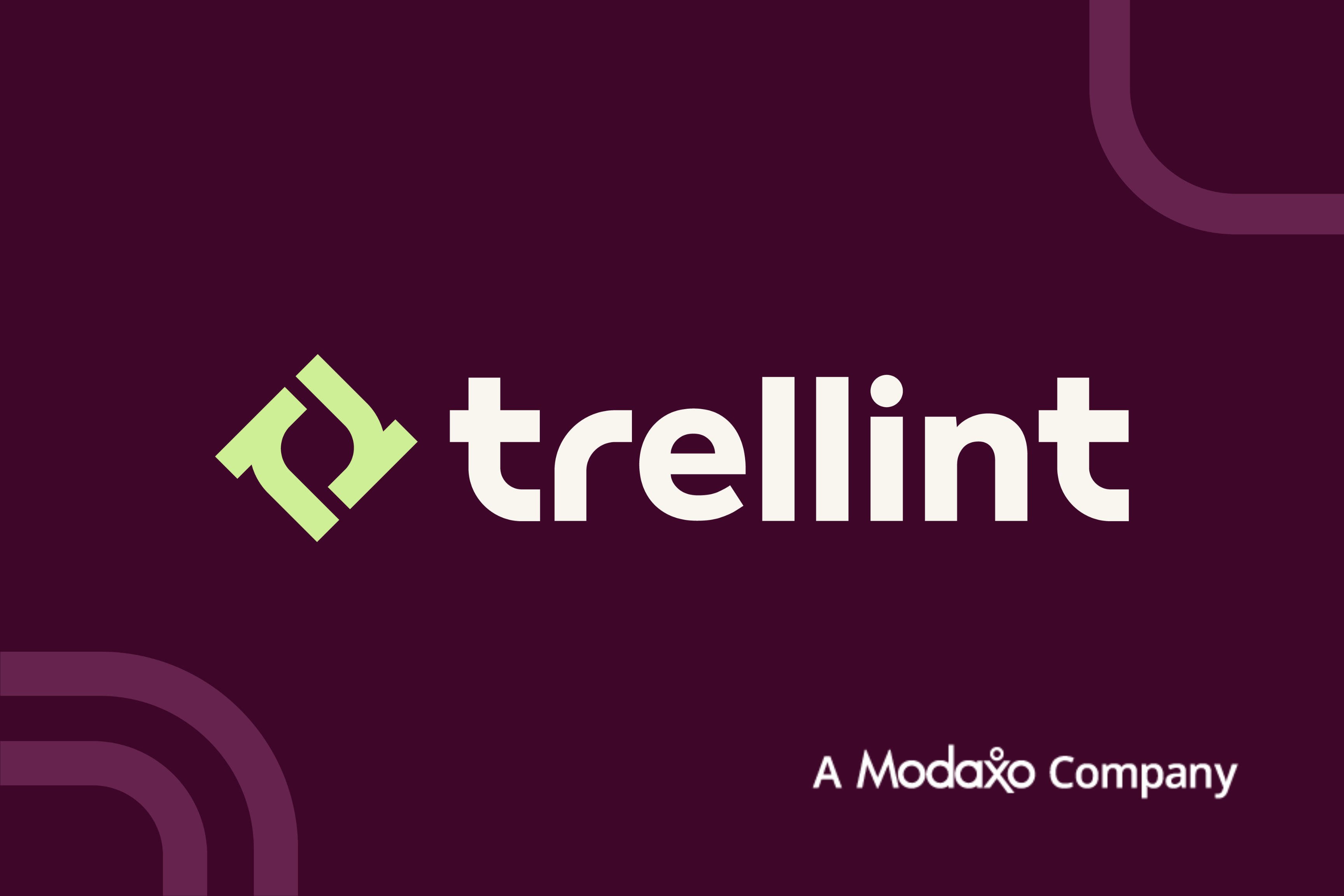2 min read
Balancing the Scales: Fairness in Parking Violation Hearings
Anna Buchner Jul 16, 2024 12:00:00 AM

When considering equity, it’s crucial to recognize the impact of curbside enforcement on marginalized neighborhoods. Parking citations often disproportionately affect underserved communities. Exacerbating this imbalance are disparities in both access to parking ticket hearings and outcomes flowing from them.
In a recent study using census tract data, Trellint observed that residents identified as most vulnerable—defined by the National Institute of Health as the economically disadvantaged and racial and ethnic minorities—are less likely to contest violations, particularly through mail-in or written hearings. Income and racial demographics play a significant role:
- Economic Imbalance. Those earning $40K or less are least likely to contest tickets, while those making over $70K are more than twice as likely to challenge violations. In addition, residents from neighborhoods with an average median household income exceeding $100K are 3.5 times more likely to contest citations in writing.
- Racial and Ethnic Inequality. Motorists in predominantly white neighborhoods (where 90% or more of the residents identify as Caucasian) are 2.4 times more likely to challenge their tickets compared to those in predominantly BIPOC (Black, Indigenous, and people of color) communities, a gap that widens to 4 times for written challenges.
Our findings indicate that lower-income earners often face liability judgments, especially when contesting by mail, and residents of predominantly BIPOC neighborhoods are found liable more often than those in white neighborhoods (43% vs. 30%). These disparities are sometimes exacerbated by individual hearing officer tendencies, perpetuating economic inequality.
Extracting insights from vast amounts of data serves as the first step in the application of data science. Our approach at Trellint involves using insights to tackle persistent issues, helping our municipal clients make informed decisions to enhance public services, optimize resources, and shape policies.
We were particularly struck by the correlation between challenges, especially written contests, and English literacy rates, which are lower in economically disadvantaged and BIPOC communities due to economic, cultural, and systemic barriers.
Literacy skills are crucial for navigating the complexities of hearings, understanding legal instructions, meeting deadlines, and presenting evidence effectively. Addressing these disparities is essential for fostering public confidence and ensuring equitable outcomes.
We recommended several strategies to improve oversight and administration of hearings:
- Shifting away from “legalese” to simplify notices and citations to enhance clarity.
- Using visual aids and iconography to explain rights and responsibilities.
- Mandating continuances for motorists to gather evidence like receipts and police reports to support their cases.
- Extending the amount of time and expanding the reasons and ways that working class communities can challenge default judgments.
To promote impartiality, we suggested:
- Training hearing officers in cultural sensitivity, procedural fairness, and to recognize implicit bias.
- Introducing an ombudsman to help coordinate with disadvantaged neighborhoods.
- Expanding the reasons customer service agents can withdraw citations without requiring a hearing.
To ensure equal access, regardless of background or resources, we proposed:
- Establishing “pop-up” hearing facilities (or “hearings on wheels”) in underserved areas.
- Providing virtual hearings and other assistance at public libraries.
- Allowing motorists to purchase city stickers and state registration stickers at mobile hearing facilities and other locations prior to a hearing to demonstrate compliance.
- Extending evening and weekend hearing hours.
Balancing fairness in parking violation hearings is essential for achieving curbside equity.
At Trellint, we are committed to leveraging our platforms and data science expertise not only to promote fairness and impartiality but also to dismantle systemic barriers that hinder progress in underserved communities. We invite municipalities and stakeholders to rethink their approach to hearings, ensuring every resident receives equitable treatment.
Contact Trellint today to discover how we can collaborate to transform your operations and ensure justice prevails in your community.




